Arakan State Livestock Department encourages use of its services for farm animals in need
Some cattle were reported to have died of an unknown disease in some 10 Myebon Township villages earlier this month.
22 Feb 2023
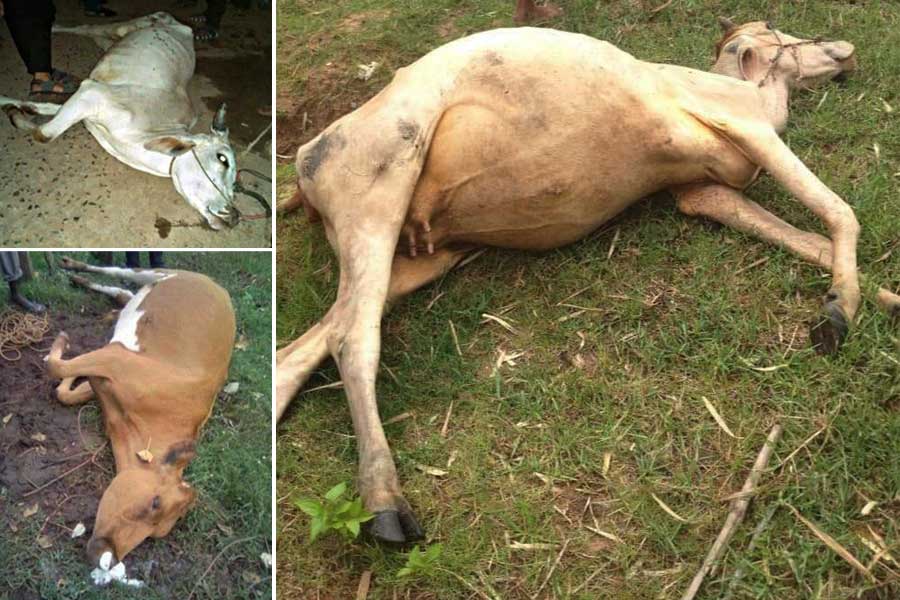
DMG Newsroom
22 February 2023, Sittwe
The Arakan State Livestock Breeding and Veterinary Department has said breeders can seek advice and treatment from the relevant livestock and veterinary departments in their townships if their livestock get sick.
There are livestock breeding and veterinary departments in all 17 Arakan State townships, and in cases where pigs, cattle, chickens and other domesticated animals get sick or infected, owners can seek treatment in consultation with officials from those departments, said staff officer Dr. Kyaw Kyaw of the state department.
“The department also provides vaccinations every year” for various farm animals, he said.
From April to December 2022, the department vaccinated 69.64 percent of more than 80,000 cows against throat disease, according to the state livestock breeding and veterinary department.
While the department has dispatched veterinarians to some village-tracts, other village-tracts have none, and they have to wait for vets to come from the town, which causes delays in treatment.
“We have no vet in our village,” said U Kyaw Lin, the administrator of Kankawchaung Village in Myebon Township. “But if we phone the department in town, a vet will come to our village around two days later and provide treatment. They can’t come right away, and we have to wait for a couple of days.”
Some cattle were reported to have died of an unknown disease in some 10 Myebon Township villages earlier this month. Cows also died of a disease with symptoms similar to those of foot and mouth disease in Myothugyi village-tract, Taungup Township.
Some livestock farmers in Arakan State seek assistance from local and international nongovernmental organisations for livestock farming, but the majority of them say they do not look to the government for help.
A chicken breeder said: “We are breeding chickens with methods provided by NGOs. We don’t get help from the government.”




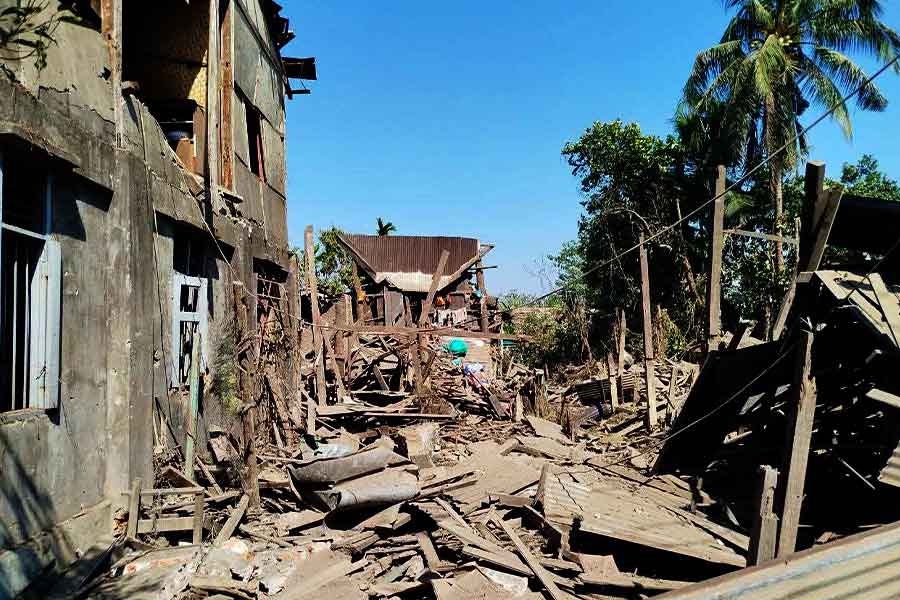
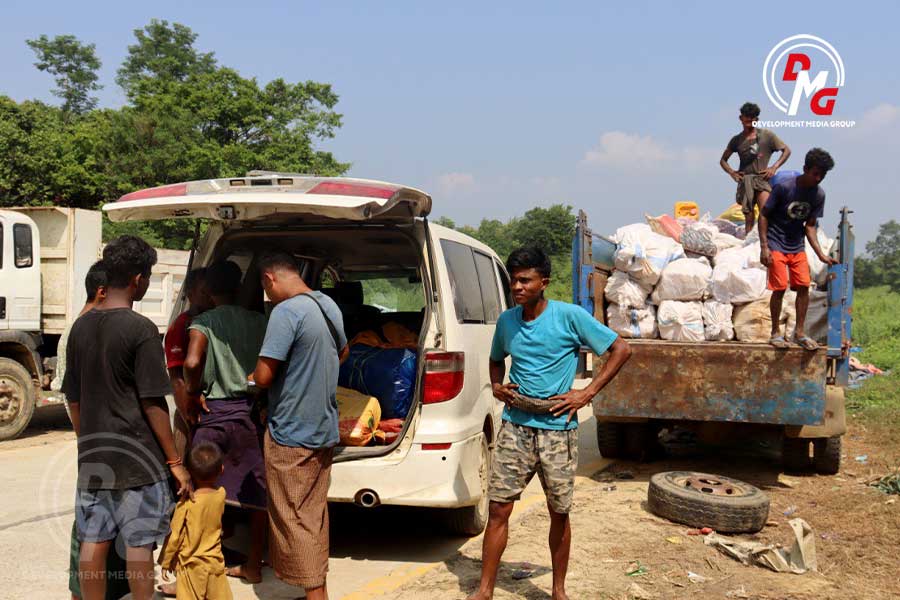
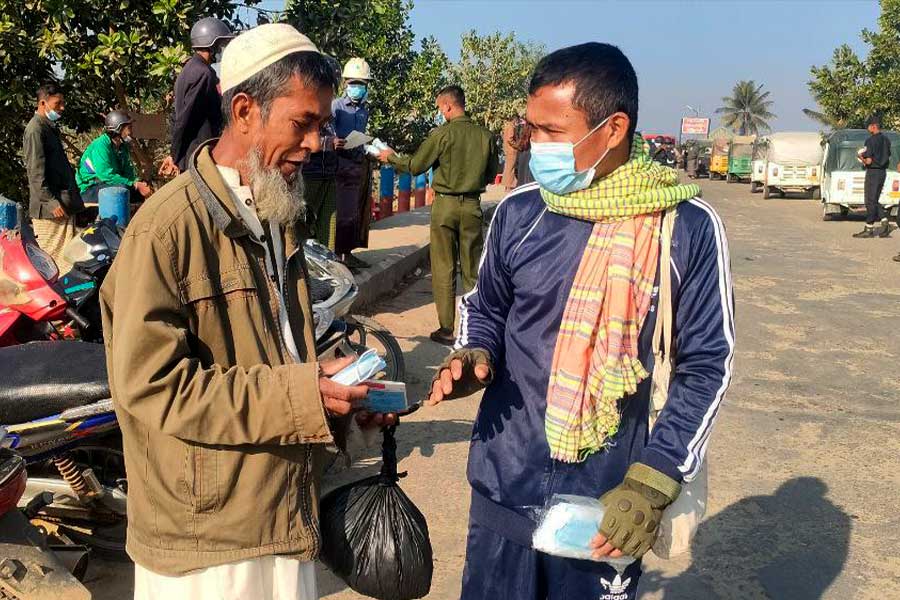
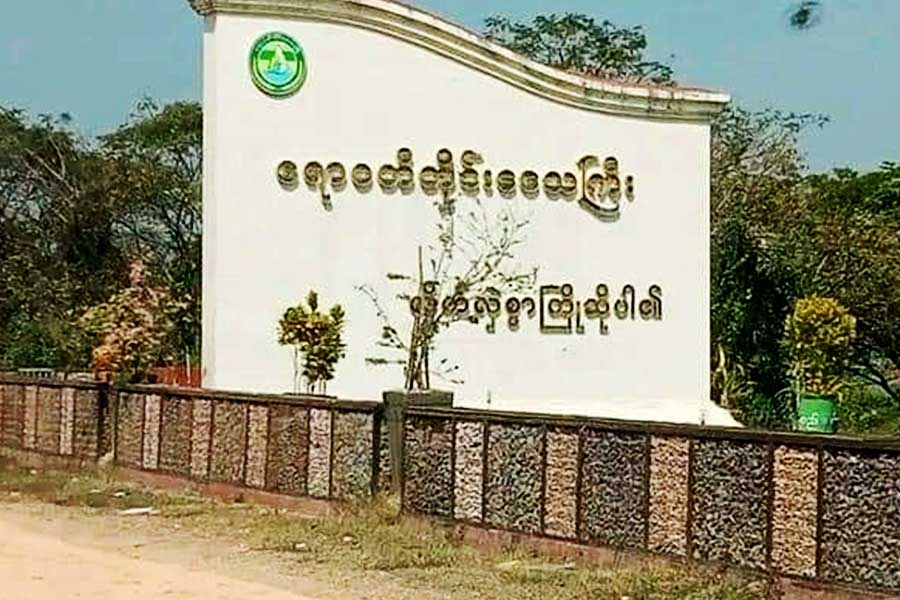








.jpg)
